Since 2021, the number of foreign nationals, especially Nigerians migrating to the United Kingdom has been on the increase. The number has been so high that Nigerians all over the world began to call the exodus, ‘japa’. Japa is a Yoruba word that connotes the, ‘the movement of a citizen from Nigeria to another country, without an immediate plan of returning back to the country’. In 2020 about 16,000 Nigerians migrated to the UK but in 2021 to 2022, the numbers rose higher than ever. According to the 2021/2022 Census, over 32% of all foreign-born residents in the UK came from six countries, with Nigeria in sixth place contributing about 294, 000, while India, Poland, Pakistan, Romania and Ireland occupied the top five positions.
For different reasons, Nigerians have been migrating to the UK en-mass in the last four years. Incidentally, a lot of them came into the country with their children. Almost all Nigerian families that migrated would say they left their country in search of a better future for their children, having heard of the opportunities available in the UK. So they can work and contribute to the UK professionally while also participating in community development initiatives.
Though the Skilled Worker visa document says that partners and children can apply to join the visa holder and stay in the UK with them as their ‘dependents’ if they are eligible, the document further states that ‘your child must live with you, unless they are living away from home in full-time education, for example, at boarding school or at university. And they must not be married or be in a civil partnership. Unfortunately, some applicants still do not thoroughly read the document to understand what lies ahead, despite the fact that family was the most common reason for moving to the UK among the foreign-born population (including Nigerians) in 2022, followed by work and study. Although the distribution of family migrants amongst foreign-born population is due to different settlement patterns among the migrant population, the fact remains that almost all Nigerians who migrated to the UK from 2020 till date, are in the UK to settle permanently. Interestingly, most Nigerian migrants in the UK are between the ages of 20 and 60. They were members of the very educated, professional, dynamic and vibrant population of Nigerians back home, but who have determined to make use of existing opportunities elsewhere. Thereby contributing to that society and benefitting from the available opportunities there.
However, most are unaware of the child safeguarding and protection policies and system in the UK. Those who are aware of it have little understanding of the issues. As a result, the number of Nigerian families who are facing challenges of child safeguarding with the social services in the UK is on the increase. Increase in the number of Nigerian families that are having issues with social services and the court is due largely to a lack of understanding of the child safeguarding and protection policies in the UK and not because they had any intention of harming any child or putting them in harm’s way. But simply because of reasons such as these listed below:
- The fact that they do not see anything wrong in continuing to train or discipline their children the same way they had been doing so in Nigeria, according to their individual, socio-cultural and religious values.
- They do not have basic knowledge and understanding of the protection and safeguarding of children policy in the UK. They are ignorant of the consequences of little things or actions they do, that may harm, hurt, abuse, or put their children in danger. Because back home, such things are perceived differently to the way they are in the UK.
The continuous quest to make money to pay bills is a big issue too, while the fear of the unknown, regarding what the future holds as per their migration status, puts most Nigerian migrants with children in the UK in a very tight situation and under intense mental stress. The fact that they do not feel protected by their employers in some cases, also puts a lot of pressure on them. Incidentally, they sometimes transfer the aggression resulting from the many pressures, to the way they treat their children.
The above reasons amongst others are the main reasons why many migrant parents end up putting their children in unsafe, insecure, and dangerous environments. One very common word amongst Nigerian migrants to the UK in the last four years, is ‘shifts’. They do countless work shifts just to earn enough money to settle bills, pay school fees (in some cases) and to keep their family plans and dreams alive. In some cases, this leads to neglect of the children which then puts them in the cross radar of the social services.
Truth is that the UK is prepared to take care of children from diverse backgrounds living in the country. Consequently, there are several policies and laws to ensure this. For example, in England, the child protection system is centered on the Children Act 1989, as amended. Statutory guidance published by the government, Working Together to Safeguard Children, which was updated in December 2023. It provides detailed information on the core legal requirements. The Children Act 1989 which is like the focus here, establishes several key principles that guides, directs, informs, and supports appropriate protection and safeguarding for children in the UK. The principles include the followings;
- The concept of parental responsibility.
- That a child’s welfare is the main consideration when the court is considering a question about a child’s upbringing.
- That children are best looked after by their family unless intervention in family life is essential.
As a result of the importance of child safeguarding to the UK government, it also ensures that the Act places a general duty on local authorities to promote and safeguard the welfare of children in need in their area, by providing a range of services appropriate to those children’s needs (section 17). It additionally sets out what a local authority must do when it has reasonable cause to suspect that a child in its area is suffering, or is likely to suffer significant harm (section 47). That is why anyone who is not doing the right thing regarding child protection and safeguarding will easily be arrested within his or her local area. The power is to ensure this is localized. While section 31 of the same Act sets out the circumstances under which a court may make an order placing a child in local authority care (a care order). The Act also sets out the functions of local authorities in relation to looked after children, including a duty under section 22(3) to safeguard and promote their welfare. Based on the act , it is in the best interest of Nigerian migrants to put the interest of child safeguarding and protection above any other, and in so doing, take appropriate decisions every time. In the UK, it is difficult to escape the law, which is an advantage to every migrant too. Nigerian migrants should not allow themselves to be caught up by the law. They should rather do everything that makes them exemplars of those who protect and appropriately guard children.
____________________ Fatoki Taiye Timmy is an innovative social development and human rights specialist with 15+ years experience in the development sector and with special focus on the West Africa Region. Has a strong track record of delivering technical support in educational programmes, highly competent in capacity development, institutional reforms, child rights and protection, youth development, and gender issues. He is a high achiever with goal-bound, time-conscious, strategic planning and good interpersonal relations. Has presented a number of papers including a paper on promoting the girl child’s access to education which was presented at the 2008 Bill and Melinda Gates International Youth Conference. Also presented ‘Youth Shadow Report on HIV/AIDS in Nigeria’, a United Nations General Assembly (UNGASS) 2008 Shadow Report with four other people. Skilled in project management, gender issues, child protection, youth development, community engagement, policy development, advocacy and lobbying, capacity, organizational development and mental health crisis management. He is a board member of three NGOs in Nigeria, two of which he is the chairman -Aspilos Foundation and Value Reorientation for Community Enhancement (VARCE). @lagbenjo (tweeter) Fatoki Taiye Timmy (Lagbaja) Facebook Taiye Timmy Fatoki (LinkedIn) Lagbajadon (Instagram). LinkedIn Facebook



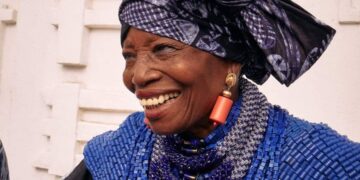
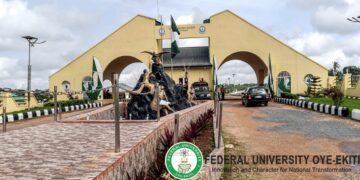
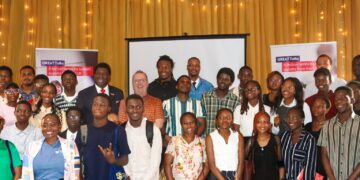
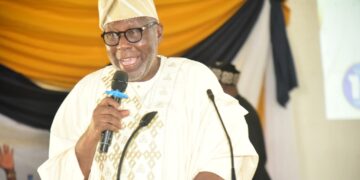






















































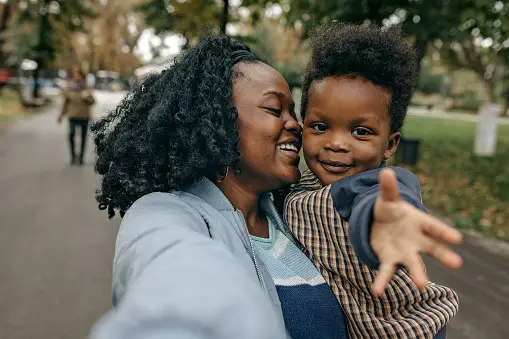





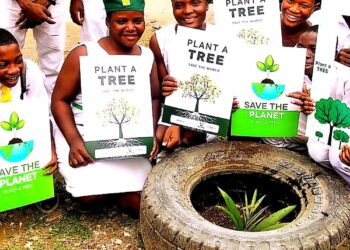











 EduTimes Africa, a product of Education Times Africa, is a magazine publication that aims to lend its support to close the yawning gap in Africa's educational development.
EduTimes Africa, a product of Education Times Africa, is a magazine publication that aims to lend its support to close the yawning gap in Africa's educational development.